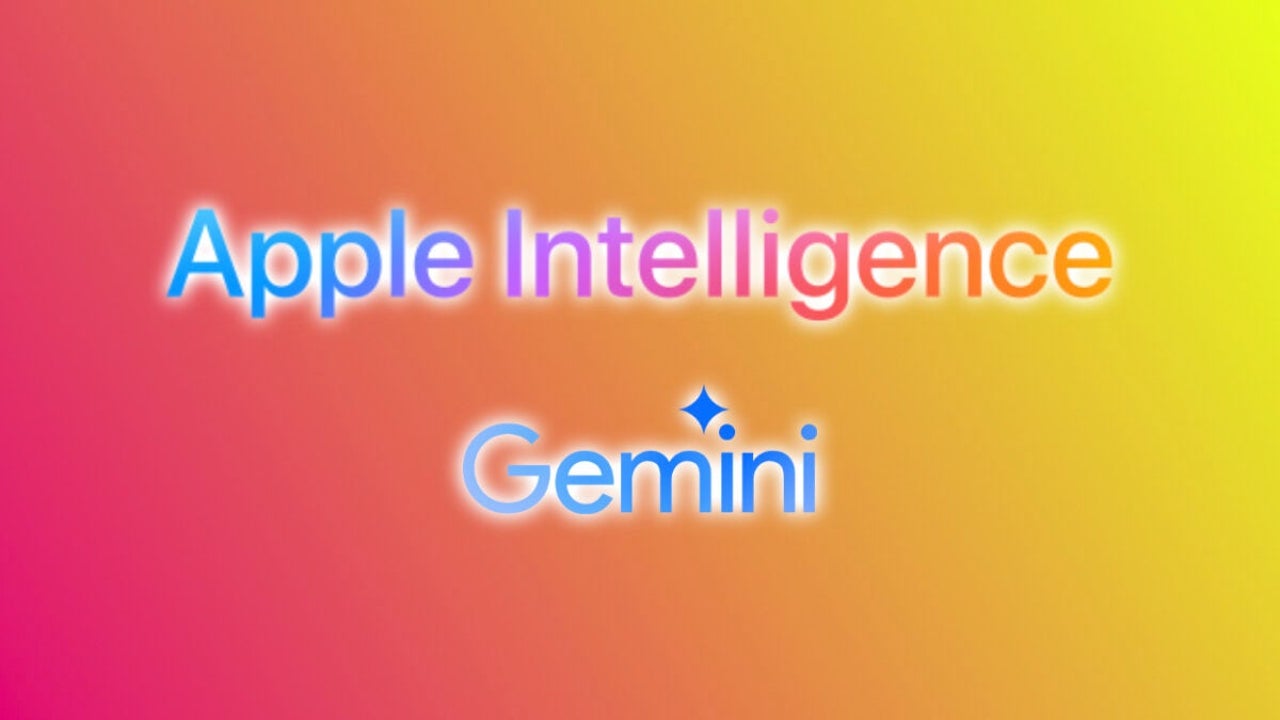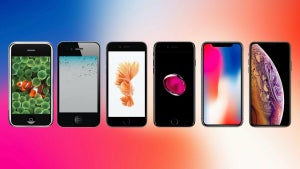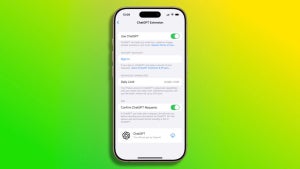Google Gemini vs Apple Intelligence: Is there a winner?
How Google's and Apple's persptecive AIs differ and how are they similar

- December 22, 2024
- Updated: December 22, 2024 at 9:19 PM
Artificial intelligence is changing the way we interact with our devices. With Google Gemini and Apple Intelligence leading this space, we are faced with two quite different and, to some extent, complementary approaches to what AI can offer in our daily lives. Although both solutions are positioned as our best help in daily interactions with our devices, there are key differences that determine how well they fit our needs.

Subscribe to the Softonic newsletter and get the latest in tech, gaming, entertainment and deals right in your inbox.
Subscribe (it's FREE) ►Different approaches for similar goals
Apple Intelligence and Google Gemini have very different philosophies on how to approach artificial intelligence. While Apple focuses on an extremely discreet integration within its ecosystem, Google aims to offer perhaps more powerful tools—although they can also make more notable mistakes. Both strategies have their strengths in implementation and, beyond that, they differ substantially in their approach to privacy.
Apple Intelligence, with the renewal of Siri, focuses on helping us perform tasks within our ecosystem completely transparently. From sending messages to organizing our photos, everything is managed locally on our devices, ensuring that our personal information is protected. This approach takes care of privacy with almost invisible integration. If it weren’t for the publicity it’s getting, the ability to create a memory in Photos from a phrase or describe an emoji to make it appear before our eyes wouldn’t seem like artificial intelligence.
The tools we already know gain an advantage. A discreet one, we might say, but one that invites us to get used to AI in a harmless way. Yes, Softonic readers are probably not intimidated by AI, but not everyone feels the same about artificial intelligence. With Apple’s vast user base, a gradual approach is very interesting.
On the other hand, Google Gemini takes a more generalist, and perhaps more impressive, approach. With an assistant that responds to commands and conversations in an extremely natural way, Gemini is designed to handle a very wide range of tasks, from planning trips to answering virtually all of our questions. However, its reliance on Google’s servers and the way it stores personal data in our Google account raises a very real concern about privacy.
If we continue with the differences, Apple Intelligence incorporates the functions directly into the applications we use every day, such as Photos, Messages, and Mail. The ability to search for an image by saying “Show photos of my dog on the beach” or the option to remove unwanted objects from our photos are examples of how Apple’s AI improves without changing the way we interact with the apps.
For its part, Gemini focuses more on features such as real-time text and image generation and integration with Google Search. This allows us to quickly find information or create personalized content in a second, which is very interesting, but sometimes not so natural. That power and, above all, that vocation to be an AI for everything, comes with a more fragmented and less integrated interface, which can be less intuitive, although very useful once we get used to it.
Another interesting aspect is personalization through our data. Apple Intelligence prioritizes privacy and local processing, which limits some functionalities but ensures that our data remains on the device. In contrast, Gemini collects data through our interactions and uses it to improve its accuracy, a strategy that, it must be said, is very effective. The question is: at what cost?
Is there a winner?
When choosing between Apple Intelligence and Google Gemini, it all depends on what we value more: privacy, integration, or power in specific tasks. If we are already part of the Apple ecosystem, Apple Intelligence is the natural extension of what we already know. Its ability to work across devices and applications makes our interactions simpler and more convenient.
On the other hand, if we are looking for an AI capable of offering us more general versatility, and we are willing to accept a direct approach to our data, Gemini can be an interesting option. If we are on the iPhone, the best thing is that Google’s AI approach to multiple platforms and devices allows us to enjoy one or the other as we need. Especially if we add to that the integration with ChatGPT that comes to the iPhone with Apple Intelligence.
More than looking for a winner, what we have in front of us are two very interesting AIs united by a common goal but separated by strategy. Apple Intelligence stands out in privacy and integration within an ecosystem we already know, while Google Gemini shines in flexibility and power. Both solutions have enormous potential and will continue to evolve rapidly, offering us new features.
In the race for AI, the difference between Apple and Google is quite noticeable, perhaps more than in other functions. Strengths and weaknesses will balance out as the months go by. While Google Gemini is better than ChatGPT in these 5 points, is there really a winner between Google Gemini and Apple Intelligence?
Architect | Founder of hanaringo.com | Apple Technologies Trainer | Writer at Softonic and iDoo_tech, formerly at Applesfera
Latest from David Bernal Raspall
You may also like

How to equalize music on AirPods
Read more

Samsung Vs Apple: The Smartphone Battle Heats Up- And Other Compelling Stats You Can’t Miss
Read more

iOS 18.2 and ChatGPT: This is everything we can do
Read more

It's already Christmas in GTA Online: access new bonuses and gifts
Read more

Dune: Prophecy is renewed for a second season on Max
Read more

Clint Eastwood’s latest movie finally arrives on Max; why should you watch it?
Read more